Deadlines can be missed…
On January 22, Director-General of the World Health Organization (WHO), Mr. Tedros Adhanom Ghebreyesus expressed concern that many countries around the world may miss the May 2024 deadline to agree on a legally binding “pandemic treaty” to ensure a more effective response to future pandemics. Specifically, according to the head of WHO, many countries may not be able to fulfill their commitments in fighting the pandemic, while there are still a number of concerns that need to be addressed.
More than a year ago, in his 2023 New Year’s message, Director-General Tedros Adhanom Ghebreyesus called on countries to sign a “grand” pandemic treaty to address gaps in preparedness exposed by the pandemic. WHO already has binding rules called the International Health Regulations (2005), which outline member states’ responsibilities when a disease threatens to spread to other countries; recommend WHO declaration of a public health emergency; and impose restrictions on trade and travel.
However, WHO believes that these regulations are still not enough to respond to a global pandemic. Therefore, a new treaty to respond to future global pandemics is urgently needed. "The pandemic treaty is being designed to bridge the gap in global collaboration, cooperation and equity," Mr. Tedros Adhanom Ghebreyesus emphasized. It is worth noting that this new treaty is a top priority for WHO Director-General Tedros Adhanom Ghebreyesus in his second five-year term.
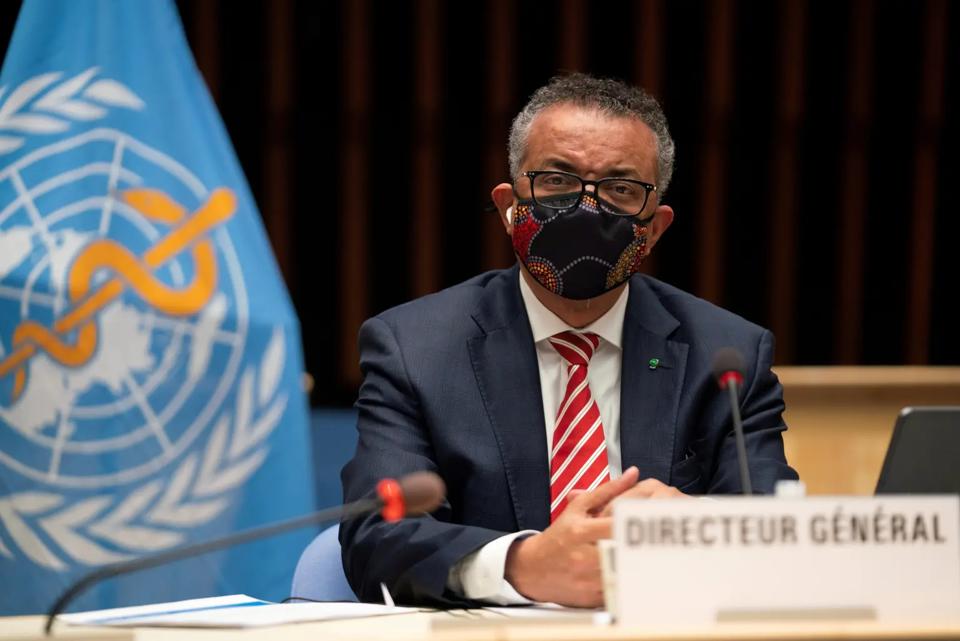
Director-General of the World Health Organization (WHO) Tedros Ghebreyesus. Photo: New York Post
In fact, the story of a so-called global treaty on pandemics has been discussed for a long time. The idea of building an international treaty on pandemics was put forward by the President of the European Council - Charles Michel at the Summit of the Group of 20 leading developed and emerging economies (G20) in November 2020.
According to Mr. Michel, this treaty will help ensure equitable access to vaccines, treatments and diagnostics when a pandemic occurs. Next, in a joint article published on March 29, 2021, world leaders, including the British Prime Minister, the French President and the German Chancellor, warned that the emergence of a global pandemic is inevitable in the future and that it is time for countries to abandon isolationism and nationalism and open a new era based on the principles of solidarity and cooperation. Specifically, a treaty similar to the one signed after 1945 is needed to establish cross-border cooperation before the next international health crisis.
According to the leaders, a pandemic response treaty will help countries act responsibly, share responsibility, be transparent and cooperate within the framework of the international system and adhere to the principles and norms of this system. “There will be other pandemics and other major health emergencies. No government or multilateral organization can address this threat alone. As leaders of countries and international organizations, we believe it is our responsibility to ensure the world learns the lessons of the COVID-19 pandemic,” the leaders said in a joint statement published in the media.
By the end of 2022, World Health Organization member states are said to be negotiating a new international treaty on how to respond to future pandemics, with the goal of having this legally binding agreement ratified by 194 WHO member states by May 2024. The main goal of this treaty is to strengthen the world's ability to respond to future pandemics through better warning systems; sharing of data, research, production and distribution of vaccines, treatments, diagnostics and personal protective equipment.
However, as necessary and supported as it is, as Director-General Tedros Adhanom commented, the world is likely to miss this treaty again as the May 2024 milestone is approaching.
Warning of outbreak of “disease X” that could be 20 times more dangerous than COVID-19
Along with warnings about the treaty's failure, the WHO also warned about the outbreak of Disease X - a term coined by the WHO in 2018 to represent the next unknown disease with pandemic potential. Accordingly, Disease X is not a specific disease but the name of a potential virus similar to COVID-19. It could be a new agent, a virus, a bacterium or a fungus, in general, an unidentified pathogen that could cause a serious epidemic on a global scale.
According to Professor Lam Sai Kit, one of the scientists who discovered the Nipah virus, the disease is likely caused by deforestation and wildlife trafficking. Therefore, the authorities should strengthen surveillance of this disease. Currently, the WHO has compiled a list of viruses that are likely to become Pathogen X, which is more likely to cause death than Covid-19.
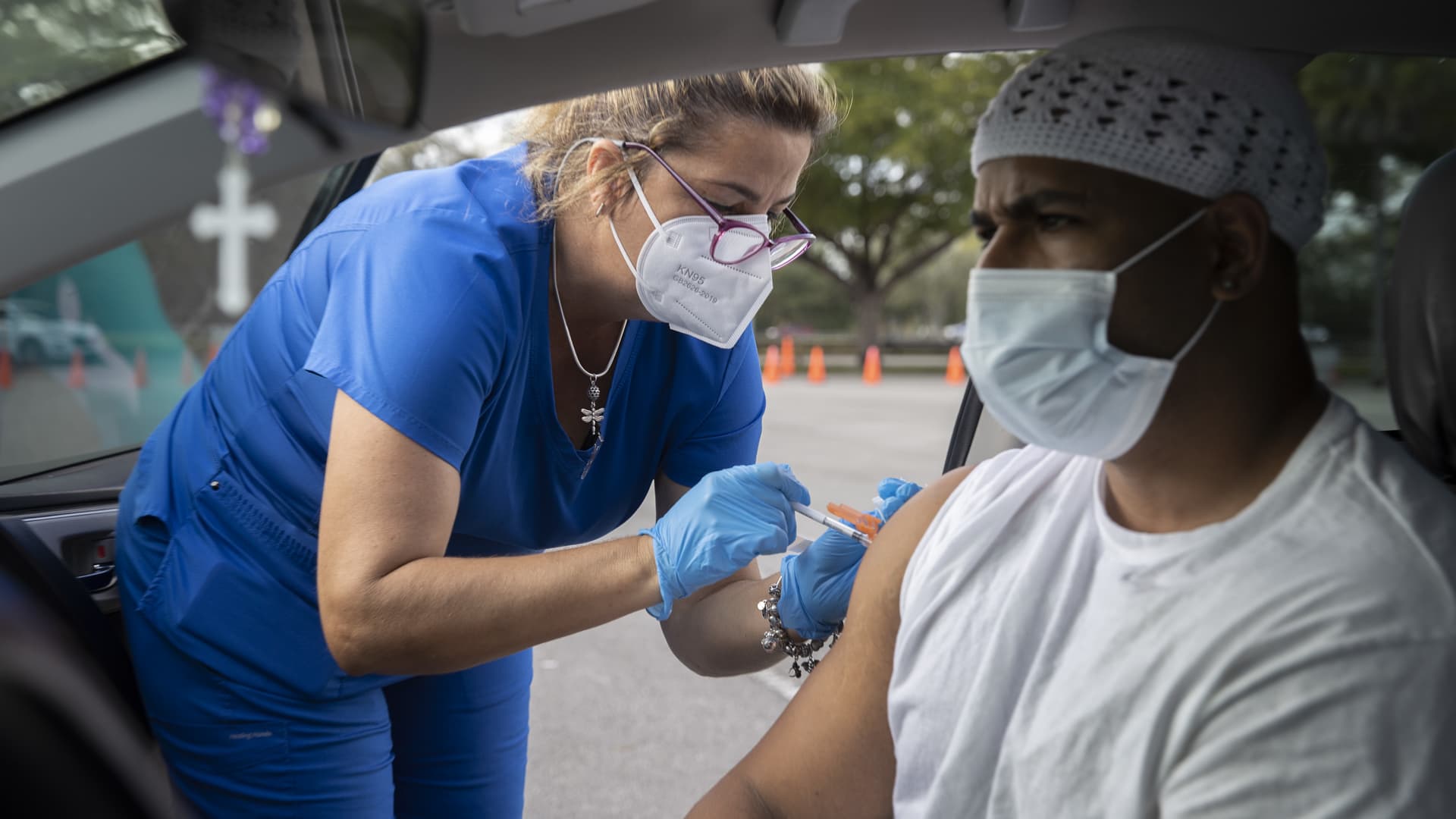
The new wave of Covid-19 is growing rapidly globally.
Along with the warning about disease X, WHO has recently continued to warn about the Covid-19 epidemic. According to the latest update from WHO, the world recorded more than 1.1 million new Covid-19 cases in the past month, an increase of 4% compared to the previous month. Data from Worldometer shows that as of January 23, there were a total of 702.1 million Covid-19 cases and 6.97 million deaths. WHO warned that the reported numbers do not reflect the actual infection rate, due to the decrease in testing and reporting globally.
While COVID-19 is no longer a global health emergency, the virus is still spreading, mutating and causing deaths. “There are certainly unreported increases in other countries,” the WHO Director-General said. “Just as governments and individuals take precautions against other diseases, we all must continue to take precautions against COVID-19.”
“Although 10,000 deaths per month is far lower than at the peak of the pandemic, this level of deaths is unacceptable,” WHO Director-General Tedros Adhanom Ghebreyesus warned. According to AP, WHO Director-General Tedros Adhanom Ghebreyesus said that holiday gatherings and a fast-spreading variant are behind the surge in Covid-19 hospitalizations and deaths worldwide.
Ha Trang
Source



![[Photo] General Secretary To Lam receives US Ambassador to Vietnam Marc Knapper](https://vphoto.vietnam.vn/thumb/1200x675/vietnam/resource/IMAGE/2025/9/29/c8fd0761aa184da7814aee57d87c49b3)
![[Photo] General Secretary To Lam, Secretary of the Central Military Commission attends the 12th Party Congress of the Army](https://vphoto.vietnam.vn/thumb/1200x675/vietnam/resource/IMAGE/2025/9/30/9b63aaa37ddb472ead84e3870a8ae825)
![[Photo] Solemn opening of the 12th Military Party Congress for the 2025-2030 term](https://vphoto.vietnam.vn/thumb/1200x675/vietnam/resource/IMAGE/2025/9/30/2cd383b3130d41a1a4b5ace0d5eb989d)
![[Photo] The 1st Congress of Phu Tho Provincial Party Committee, term 2025-2030](https://vphoto.vietnam.vn/thumb/1200x675/vietnam/resource/IMAGE/2025/9/30/1507da06216649bba8a1ce6251816820)



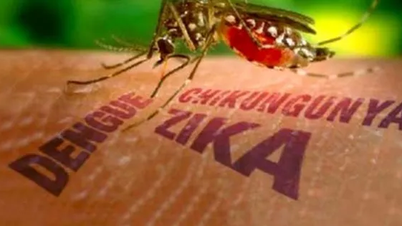



























![[Photo] General Secretary To Lam attends the ceremony to celebrate the 80th anniversary of the post and telecommunications sector and the 66th anniversary of the science and technology sector.](https://vphoto.vietnam.vn/thumb/1200x675/vietnam/resource/IMAGE/2025/9/29/8e86b39b8fe44121a2b14a031f4cef46)






















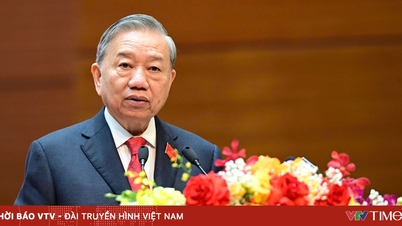









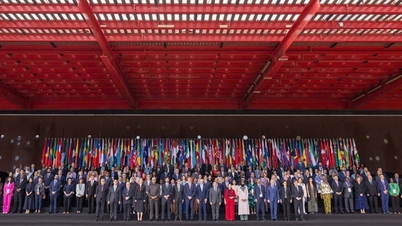






























Comment (0)